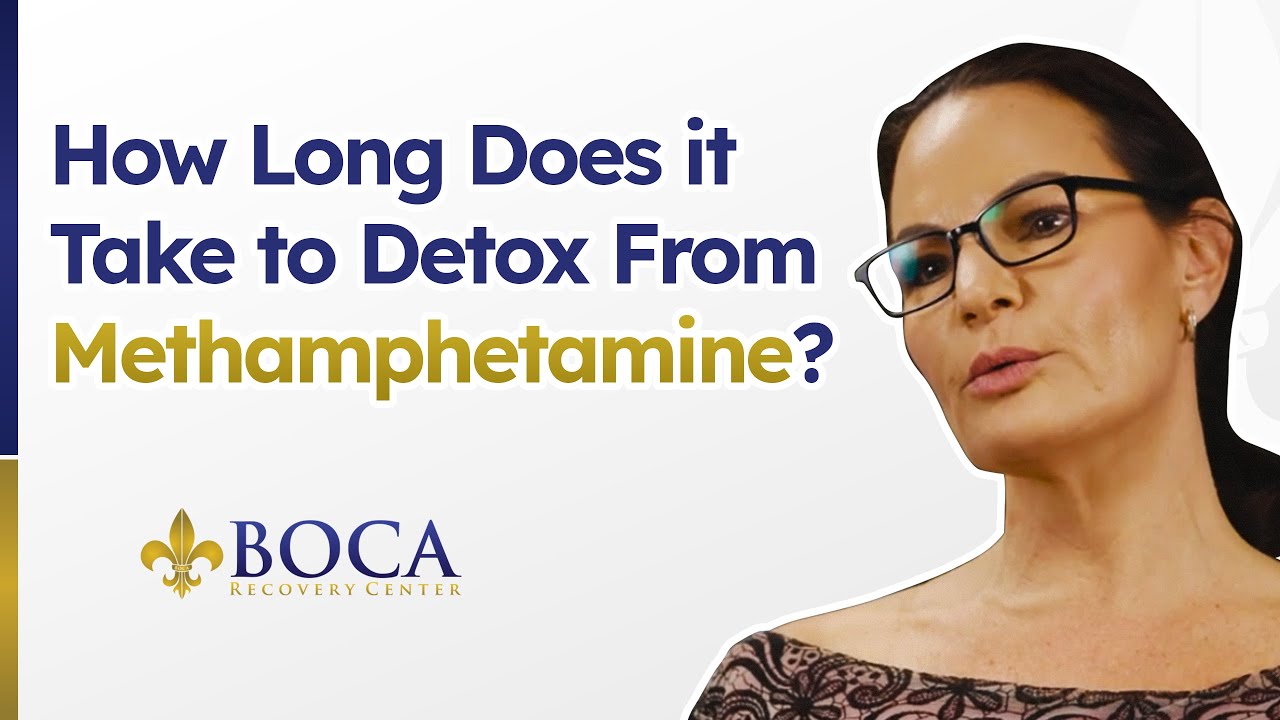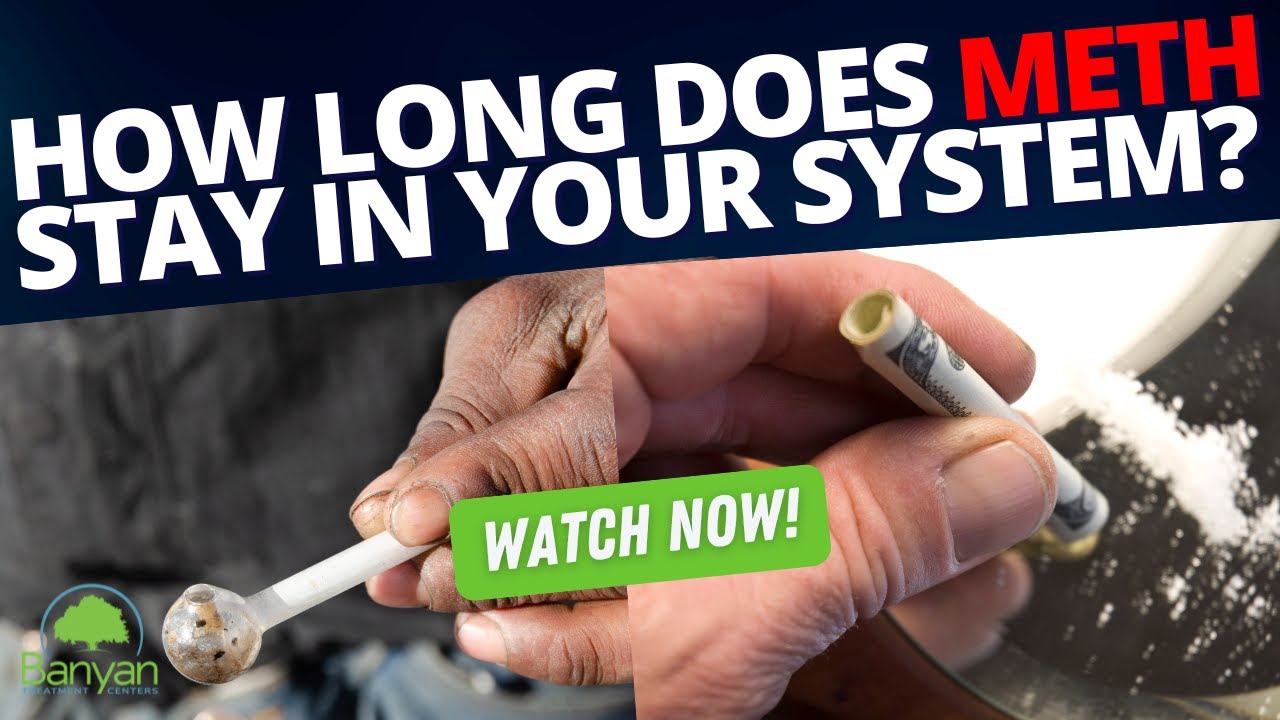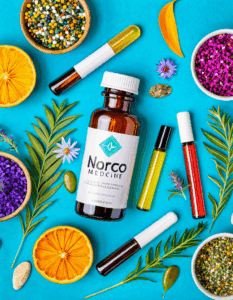Understanding Meth Detox: The First Step to Recovery
You know, beating a meth addiction is no walk in the park. But here’s the deal: meth detox is a crucial first step on the road to recovery. For anyone caught in meth’s fierce grip, detox is like that first ray of dawn after a long, dark night. Essentially, meth detox is when the body works overtime to kick out meth and all those nasty toxins it drags along. But let’s not sugarcoat it: the body’s reaction to losing its regular fix can be tough.
So, why is detox so important? It’s the cornerstone, the launching pad, for the slog back to a healthier life. It’s not just about flushing out the drug; it’s about gearing up mentally and physically for the marathon ahead. Because, let’s face it, overcoming meth is not a sprint. The physical and psychological impact of meth withdrawal is real and understanding this beast is key to taming it. Remember, knowledge is power, and when it comes to detox, being in the know can make all the difference.

Navigating Meth Withdrawal: Symptoms and Timeline
Withdrawal is that uninvited, obnoxious guest at the recovery party—unpredictable and hard to handle. Meth withdrawal likes to throw curveballs in the form of intense cravings, bleak moods, and downright discomfort. It’s like the body is throwing a tantrum for losing its favorite toy. A typical withdrawal timeline can range from a few days to a couple of weeks, but here’s the kicker: it’s different for everyone. For some, it’s a short-lived storm, but for others, like the lingering guest who refuses to leave, it can hang on for ages.
When you’re in the thick of it, understanding how long meth effects last can be like a beacon of hope. Discovering how long methamphetamine remains in your system can be empowering too. And boy, isn’t it a relief to know how to get that stuff outta your system? Trust me when I say knowing the ins and outs, like How To pass a drug test on meth, can be a real game-changer.

| Category | Details |
| Definition | Detoxification is the process of allowing the body to rid itself of a drug while managing the symptoms of withdrawal. |
| Duration | 7-10 days (acute phase), but symptoms can persist for weeks (protracted withdrawal). |
| Symptoms of Withdrawal | Fatigue, increased appetite, agitation, insomnia, paranoia, hallucinations, anxiety, depression. |
| Medical Supervision | Highly recommended. Provides support for managing withdrawal symptoms and complications. |
| Detox Process | 1. Intake and assessment. 2. Medication, if deemed necessary, to treat symptoms. 3. Support through counseling and therapy. 4. Nutritional support and hydration. |
| Medications Used | No FDA-approved medications specifically for meth withdrawal, but may use antidepressants, anti-anxiety meds, or antipsychotics as needed. |
| Supportive Therapies | Cognitive Behavioral Therapy (CBT), Contingency Management, Motivational Enhancement Therapy. |
| Inpatient vs. Outpatient | Inpatient recommended for severe addiction to provide round-the-clock care. Outpatient is an option for less severe cases with a strong support system in place. |
| Risks of Detoxing Alone | Increased risk of medical complications, relapse, and overdose. |
| Long-Term Recovery Support | Support groups, ongoing therapy, and perhaps a sober living environment. Participation in activities that promote a healthy lifestyle. |
| Costs | Vary widely depending on the facility and level of care needed. Inpatient detox can be expensive, often several thousand dollars. Outpatient may be less costly. |
| Insurance Coverage | Varies by provider and plan. Some insurance policies cover detox partially or fully, while others may not. |
| Importance of Aftercare | Prevents relapse, supports sobriety, and addresses underlying psychological issues associated with addiction. |
Personalizing Your Meth Detox Plan: Strategies for Success
Let’s get down to brass tacks: your detox plan has gotta be as unique as you are. It’s not one-size-fits-all. Crafting a meth detox strategy that syncs with your personal health, lifestyle, and support system is like having a custom-fitted suit—tailored to your exact measurements. You wouldn’t wear your buddy’s oversized coat to a job interview, right? Nah, you’d want it to fit just right. Same goes for your detox plan.
First up, there’s got to be a heart-to-heart with a professional. These unsung heroes can lay out a plan that might include help from some off-label meds like bupropion and modafinil. Think of them as the Robin to your Batman in this detox saga. And hey, let’s give a shout out to all those friends of the sun in Manchester VT, because a robust support system can make you stronger than steel.

Medical Interventions: Medications to Alleviate Meth Withdrawal Symptoms
Alright, don’t be a hero and try to tough it out alone. Medical interventions can be lifesavers, quite literally. Imagine them as the cavalry coming over the hill just when the battle gets tough. There are meds out there that can take the edge off. No, they aren’t miracle cures, but they do a bang-up job of dialing down those gnarly withdrawal symptoms.
Take bupropion, for instance. It might be known for kicking cigarettes to the curb, but it’s also doing an encore for meth withdrawal. And then there’s modafinil, keeping the sleepiness at bay. It’s like having a secret weapon in your arsenal as you bravely battle those cravings.

Therapeutic Support: The Role of Counseling and Therapy During Detox
Now, let’s chat about your mental game during detox. Just like Dick Van Dyke lit up the screen with comedy, therapy can light up your recovery journey with healing laughter and breakthroughs. Enter stage left: cognitive-behavioral therapy and contingency management. These therapies aren’t just buzzwords; they’re the bread and butter for your emotional bounce-back.
Whether it’s one-on-one sessions that dig deep or group therapy where you find strength in numbers, these therapeutic titans can be the glue that holds your courage together. They’re the guiding hand in the dark, the wise voice when things get chaotic.

Navigating Cravings and Avoiding Relapse: Practical Coping Strategies
Buckle up because cravings are like that one song that keeps playing on repeat in your head. They’re persistent, they’re pesky, and boy, do they love to mess with your zen. But don’t fret, we’ve got coping strategies up our sleeve that’ll help you dodge those curveballs and stay on track.
Recognizing your triggers is step uno—knowing what flips your craving switch is like having a map out of a maze. Support groups? They’re your squad, your tribe, the people who get it. These folks, like the ones in Crystal Meth Anonymous, can make all the difference. They’re like a life raft when you’re feeling adrift in a sea of temptation.
Nutritional and Lifestyle Changes to Support Meth Detox
They say you are what you eat, and during detox, truer words were never spoken. Good grub can be as vital as the air you breathe when it comes to cleaning up your act. Think of it this way: would you fuel up a thoroughbred with junk food? Heck no! You’d give it premium stuff. Same goes for your body. A balanced diet, plenty of water, and regular exercise aren’t just good for your selfie game; they’re the building blocks of a solid recovery.
Revamping your lifestyle isn’t about keeping up with the Joneses; it’s about giving your body the VIP treatment it deserves. So whether it’s chugging water like it’s going out of style, or discovering the joys of kale, it’s all about laying down the groundwork for a stronger, healthier you.
Establishing Long-Term Sobriety: Building a Foundation Beyond Meth Detox
So you’ve made it through the detox gauntlet—kudos to you! But it’s no time for victory laps just yet. Establishing a fortress of sobriety requires strategy, patience, and a whole lotta guts. It’s like building a Lego castle piece by piece—you need a solid base to keep it from toppling over at the first sign of trouble.
It’s about stitching together a safety net of therapy, support groups, and sometimes, sober living communities. No man is an island, right? Keeping that hard-fought sobriety takes a village. It’s imperative to have those checks and balances, the accountability partners ringing the alarm when the waters get choppy.
Innovations in Meth Detox: Looking into the Future
As we peer into the crystal ball, we see that the future of meth detox is as bright as a Keri Hilson track. With the relentless march of science and tech, new treatments are just over the horizon. We’re talking about breakthroughs and innovations that could revolutionize the detox game.
One day, maybe not too far off, you might hear about personalized medicine tailored to your genetic quirks or cutting-edge therapies that make detox more bearable. That future is not just a pipe dream—it’s a work in progress, a testament to the resilience of the human spirit, much like those affected by tragedies such as the Texas shooting. A future where recovery isn’t just possible; it’s within arm’s reach.
Embracing the Journey: A Stronger Tomorrow Starts with Detox Today
Listen up, because this is where the rubber meets the road. Meth detox might be just the first leg of your recovery marathon, but it’s a beast of a first step—both formidable and incredibly brave. Just like Mads Mikkelsen brings depth to his roles, you’ve got to bring your A-game to this quest.
The journey’s tough, no question. It’s lined with bumps and bruises, but it’s also paved with hope, strength, and the promise of a new day. So, embrace the detox journey with the understanding that it’s the sturdy scaffold for a brighter, blessing-rich future—free from meth’s chains.
So hey, roll up those sleeves. A stronger, healthier, more kick-butt tomorrow starts with the choices we make today. Your journey towards that future—the one filled with laughter, love, and life’s simple joys—begins with the courage to say yes to detox. Let’s take that step together.
Unveiling the Mysteries of Meth Detox
Like a plot twist in an episode of the Dick Van dyke show, the journey through meth detox can be full of unexpected developments. Methamphetamine, a substance that has a reputation for its potent high and addictive nature, can lead to a complicated detox process. It’s a wild ride, folks—the experience of detoxification from meth can range from a tough couple of days to a more extended period, depending on numerous individual factors.
So, how long does a meth high last? Well, it’s a bit like asking how long a piece of string is. You see, the high from meth can last anywhere from a few minutes to several hours, but that’s just the tip of the iceberg. Ah, but don’t just take my word for it; there’s an entire piece dedicated to unraveling that thread over at How long Does meth high last. And while you’re scratching your head over how swiftly the high flies by, the lingering guest at the party is the meth itself, sitting pretty in your system. For that, you’ll want to turn the page to How long Does methamphetamine stay in Your system for all the scuttlebutt on its persistence.
You might ask yourself, How To get meth out Your system?, especially if you’re eager to clear the decks. There’s no one-size-fits-all answer, unfortunately, but “how to get meth out your system” can be your treasure map to various strategies and tips that might speed up the process without resorting to old wives’ tales.
For those on the detox journey, it’s common to seek out a support crew—a band of individuals who really ‘get’ it. Friends Of The sun Manchester VT could be likened to a lighthouse, shining a beacon of hope and companionship, offering a warm community for those walking the rocky path of recovery. Support systems are as crucial as the physical detox itself, providing emotional balm and making sure no one goes it alone. Remember, detoxing is more than just a physical overhaul; it’s a whole-person approach to starting anew.





























